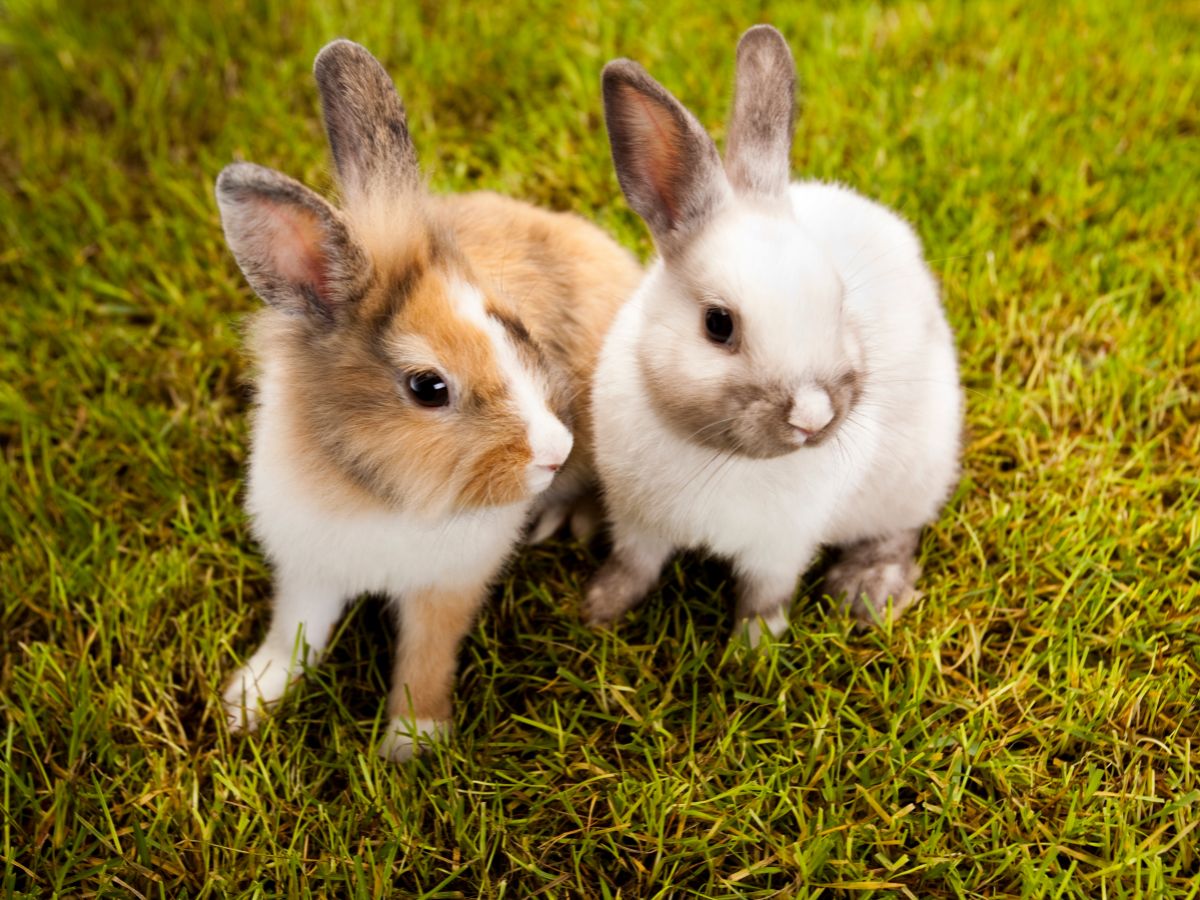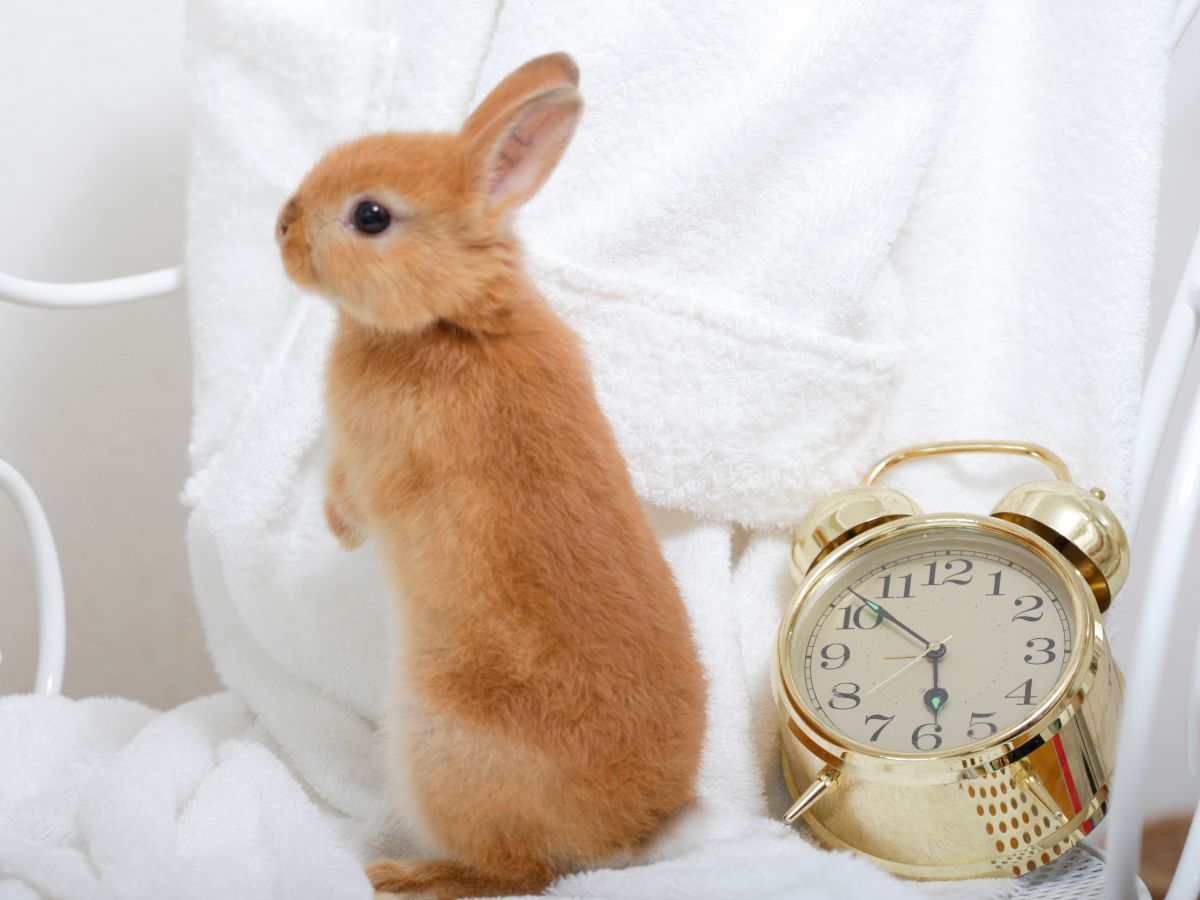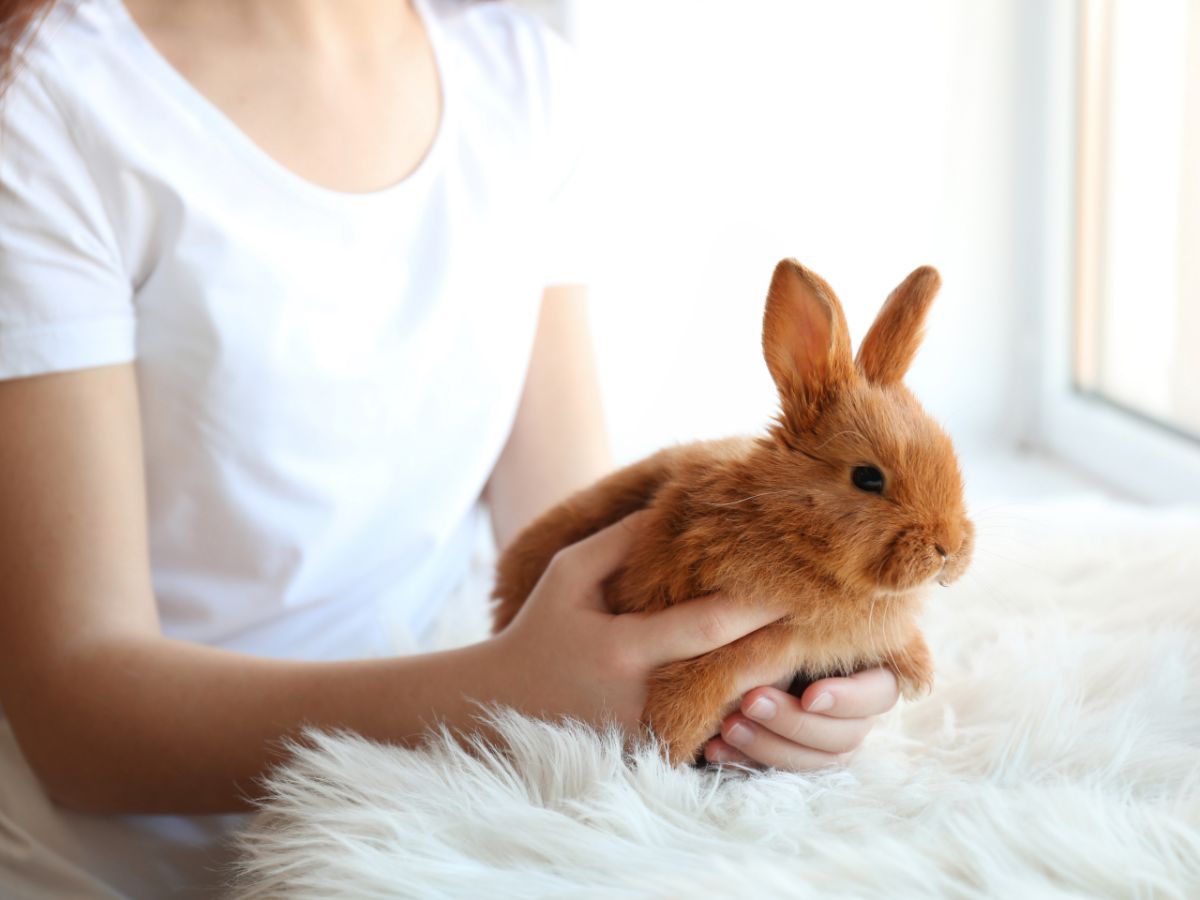One of the most adorable pets you can have is a rabbit. People assume that having a rabbit for a pet is easy, but rabbits have care needs that, when done correctly, will endear you to your rabbit all the more. I wanted to know more about how to take care of my new rabbit properly, so I contacted my friend who has had rabbits for years to find out the most common mistakes when you keep rabbits.
Some of the common mistakes you can make when keeping rabbits include locking your rabbit in a cage, giving rabbits the wrong food, incorrect housing or keeping them outdoors. Not bunny proofing your house is also a mistake, and not giving your rabbit enough attention can lead to stress.
As with most pets, it’s easy to make mistakes when you have never had rabbits. You can avoid some of these common mistakes by reading up on rabbits and their behavior or talking to vets to get more information. I researched more on what not to do when keeping rabbits and wanted to share the information I found.
Contents
Most Common Mistakes When Keeping Rabbits
Rabbits have been domesticated since 600 A.D, but only in recent years have they begun to understand their needs better. Most people only want the best for their pets, which includes knowing as much about them as possible.
We have all made mistakes when caring for our pets, but we tend to learn from our mistakes, so in this section, we will discuss a few common mistakes you can make (and should avoid making) when keeping rabbits.
1. Incorrect Housing Conditions For Rabbits
It was widely believed that rabbits needed to be kept outside for many years, so most rabbit lovers kept their pet rabbits in hutches outside. However, recent studies have shown that keeping rabbits outside may shorten their lifespan by half.
If housed outside, rabbits are exposed to elements; whether it’s too hot or too cold, your rabbits are at risk of getting numerous diseases and are vulnerable to predators. Even if your rabbits have adequate shelter, if they are left outside, and there is a storm or heat wave, they can become sick.
The area you live in doesn’t, be it in a town or country area; there are predators in the area. So while you go to sleep, predators could try to get into your rabbit hutches to make a meal out of the rabbits. They don’t always get into the hutch, but their presence alone can cause the rabbits to stress easily, which may cause a heart attack.
2. Giving Your Rabbit The Wrong Food And Treats
Many people assume you can give your rabbit a bowl of pelleted food and they will be happy and healthy, but that is not true. Rabbits have a specific diet that requires certain foods to keep your rabbit happy and healthy. Only giving your rabbit pellets will lead to malnutrition and obesity.
The daily diet of a rabbit should consist of:
- An unlimited supply of hay to graze on throughout the day,
- A few cups of fresh greens, including green beans, spinach, broccoli, and other grass-based leafy veggies (avoid non-nutritional veggies like certain types of lettuce),
- Between ¼ or ½ a cup of dried pellets is enough for a rabbit.
- Ensure you give fresh water daily and regularly check if your rabbit has enough. Remember not to use a bottle; use a bowl instead, as it allows your rabbit as much water as it needs.
Remember not to be fooled by the colorful rabbit treats you can find in the pet stores, as these are not all healthy. Some of the treats are not good for your rabbit to eat and can have high levels of sugar that are not good for rabbits. One example of fresh food that you should give in moderation is carrots.
3. Locking Rabbits In A Cage
When most people buy a new pet, they tend to listen to those who work at pet stores. One of the marketing ploys that many pet stores like to use involves convincing people rabbits need a small pet cage.
It is not a good idea as rabbits need a space at least 5 to 6 times the length of their outstretched bodies to be happy. A rabbit’s recommended space is 8 sqft of housing space and 25 sqft of exercise space.
Small cages can harm a rabbit as their feet can get sore from walking on the thin steel wires at the bottom of the cage, and they won’t be able to hop and explore their surroundings. Pet exercise pens are one of the best enclosures you can give your pet rabbit. They are easy to clean and big enough to keep your rabbits happy.
4. Not Bunny Proofing Your Home
Before bringing your new pet rabbit home, you need to bunny-proof your home. Rabbits love to roam around and chew on random things. That means you might have expensive carpets, wires, and wood furniture that your rabbits will chew on if they are free to roam your house unsupervised.
You can bunny-proof your home by dedicating a spare room to your rabbits, where you remove all the furniture and exposed wires so your rabbits don’t have anything expensive or dangerous to chew on. You can also cover any exposed wires with loom wire tubing and keep wood baseboards and carpets safe by cordoning off the rooms with carpets and baseboards.
5. Not Giving Your Rabbits Enough Attention
Rabbis are social and curious animals that need a lot of attention. If you only have one rabbit, you will need to spend enough time with your rabbit daily to ensure they are happy.
When you have more than one rabbit, they need to spend as much time as possible together to socialize. Rabbits that don’t get enough attention will become stressed and depressed. It’s also cruel as they need interaction with their owner and other rabbits just like we need our family.
Conclusion
Most people make a few mistakes when they first get a new pet, and the same is true for a new pet rabbit. You can avoid some of these common mistakes by giving your rabbit the right diet, the correct size enclosure, not keeping them outside, and ensuring to give them enough attention.




